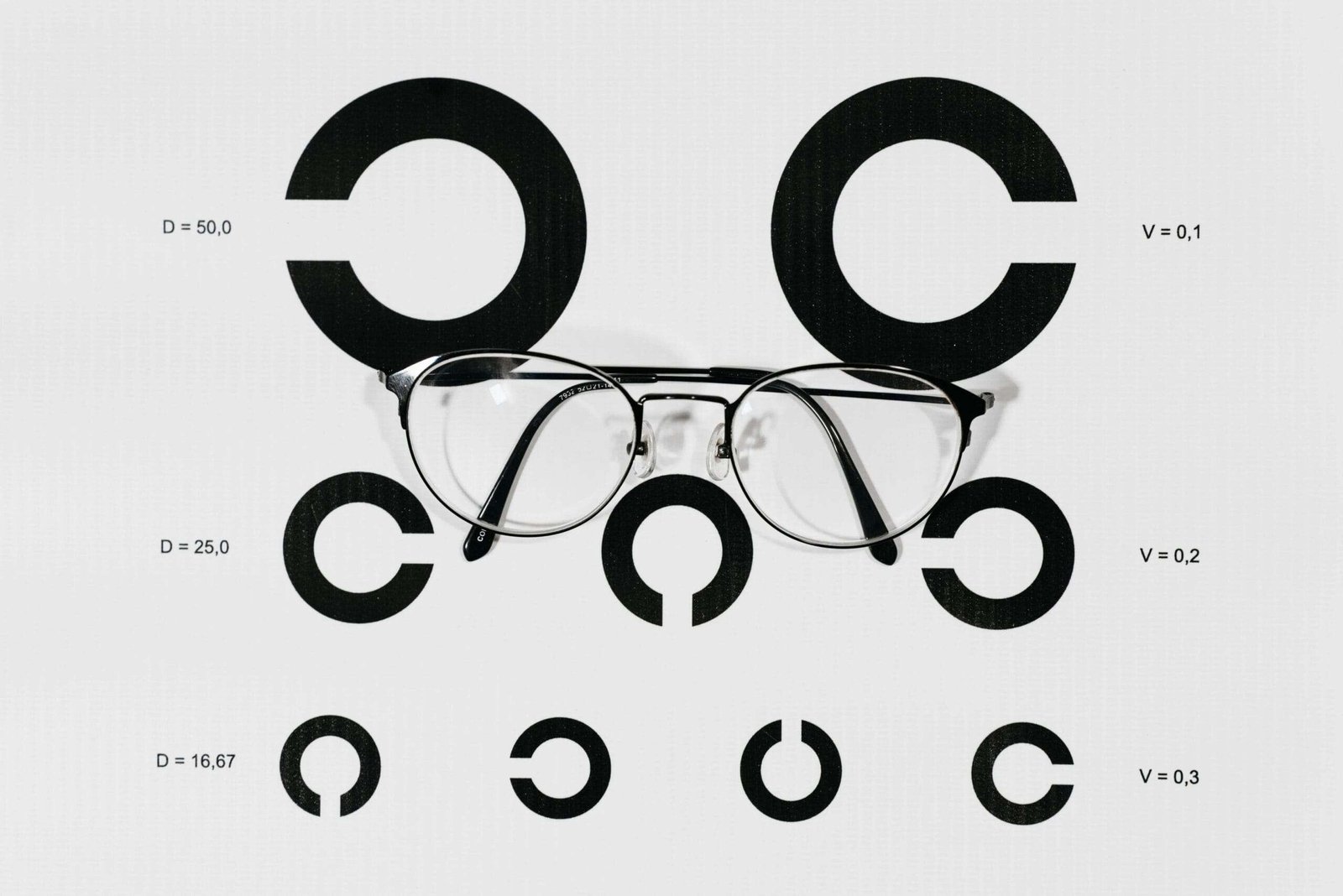REFRACTION

Refraction is the bending of light as it passes through the eye’s lens and cornea, allowing us to focus light on the retina for clear vision. A refraction test measures how well your eyes focus light and is essential in diagnosing refractive errors. Refractive errors can cause blurry vision, discomfort, and even difficulty recognizing objects and faces.
1. What Is a Refractive Error?
A refractive error occurs when the shape of your eye prevents light from focusing directly on the retina. This can result in poor vision, either up close or at a distance. People without refractive errors can see near and far objects clearly without discomfort. However, in individuals with refractive errors, these tasks become challenging, leading to the need for corrective lenses.
2. Refractive Errors in Children
Refractive errors are common in children and can affect their performance in school. Children with these issues may:
- Hold books too close to their eyes.
- Sit too close to the TV.
- Struggle to copy notes from the board, leading to incomplete work and poor handwriting.
- Complain of frequent headaches due to eye strain during prolonged periods of studying.
Because children may not always express that they are having difficulty seeing, it’s important for parents and teachers to look for these signs. Regular eye exams can ensure early detection and treatment.
3. Refractive Errors in Adults
As people age, reading can become more difficult due to presbyopia, a common condition in adults where the lens loses flexibility. Adults with refractive errors may:
- Hold books or reading materials farther from their eyes.
- Squint while reading to bring objects into focus.
- Experience discomfort and strain after prolonged reading or screen time.
Wearing the correct glasses or contact lenses after a refraction test can resolve these issues, making reading and other visual tasks more comfortable.
4. The Role of Refraction in Vision Correction
Clear vision is one of the most valuable aspects of life. The correct focus of light on the retina ensures sharp vision. If you experience blurry vision or difficulty seeing, a refraction test is essential to:
- Diagnose refractive errors like myopia (nearsightedness), hyperopia (farsightedness), and astigmatism.
- Provide a prescription for corrective lenses such as glasses or contact lenses.
- Address symptoms like eye strain, headaches, and visual discomfort.
At Vision Care, we believe that regular eye exams, including refraction tests, are critical for maintaining eye health. An annual refraction test is recommended for individuals of all ages to ensure their prescription is up to date and their vision is as clear as possible.
5. Annual Eye Check-Ups: A Key to Clear Vision
Scheduling an annual refraction test is important for everyone, regardless of age. Children, in particular, may need their vision checked regularly to support their learning, while adults should monitor any changes in vision as they age. Early detection of refractive errors can make a significant difference in daily activities, whether it’s reading, working, or simply enjoying time outside.





